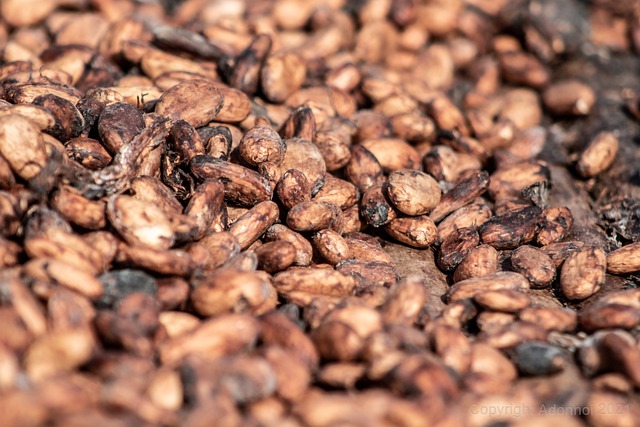UK Slashes Tariffs on Nigerian and Developing Countries’ Products, Unlocking Trade Opportunities”
The United Kingdom (UK) has announced significant changes to its trading rules and tariffs on products from Nigeria and other developing countries, aiming to generate substantial savings for businesses and consumers. The British High Commission in Abuja issued a statement on Monday, stating that this move is a result of the UK’s new post-Brexit Developing Countries Trading Scheme (DCTS), which has come into effect today. The scheme encompasses 65 countries, including Nigeria.
The DCTS simplifies trading rules and reduces or eliminates tariffs, surpassing the generosity of the EU scheme that the UK was previously a part of. This development will particularly benefit developing countries seeking to expand their exports and diversify their economies, ultimately promoting prosperity and job creation. As developing countries engage in increased trade with the UK under this scheme, businesses stand to save millions on import costs over time, according to the statement.
In Nigeria specifically, more than 99% of goods exported from the country will automatically qualify for duty-free access to the UK. Nigeria will receive enhanced preferential access for nearly 3,000 products, with tariffs being removed or reduced on various items such as cocoa paste, fruit juices, and prepared tomatoes.
The scheme was launched by UK Minister for International Trade, Nigel Huddleston, during his visit to Bole Lemi, Ethiopia’s largest industrial business park. Minister Huddleston emphasized that the DCTS exemplifies the UK’s status as an independent trading nation, presenting opportunities for businesses worldwide and contributing to livelihoods, job creation, and the diversification of supply chains. Furthermore, the scheme will lower import costs for UK businesses and consumers across a wide range of products.
Andrew Mitchell, the Minister for Development and Africa at the Foreign, Commonwealth and Development Office, highlighted how the UK’s DCTS demonstrates the use of trade as a means to foster development. The scheme will benefit traders globally, including women-owned businesses, which are supported through the UK Trade Partnership programme.
The DCTS not only benefits businesses worldwide but also supports British companies engaged in trade with these countries, encompassing everyday products such as bicycles and camping gear.
Commenting on the launch, Ben Llewellyn-Jones, the UK deputy British High Commissioner in Lagos, emphasized the importance of Nigeria as a key partner in Africa and the UK Government’s commitment to enhancing trade between the two nations. The UK’s Developing Countries Trading Scheme aims to harness the power of trade to drive growth and prosperity in Nigeria and other emerging economies. The scheme notably eliminates tariffs on over 3,000 everyday products that Nigeria currently exports, including cocoa, cotton, plantain, flowers, fertilizers, tomatoes, frozen shrimps, and sesame. Its overarching objective is to foster trade with developing countries, bolster their economies, create jobs, and benefit the UK as well.




